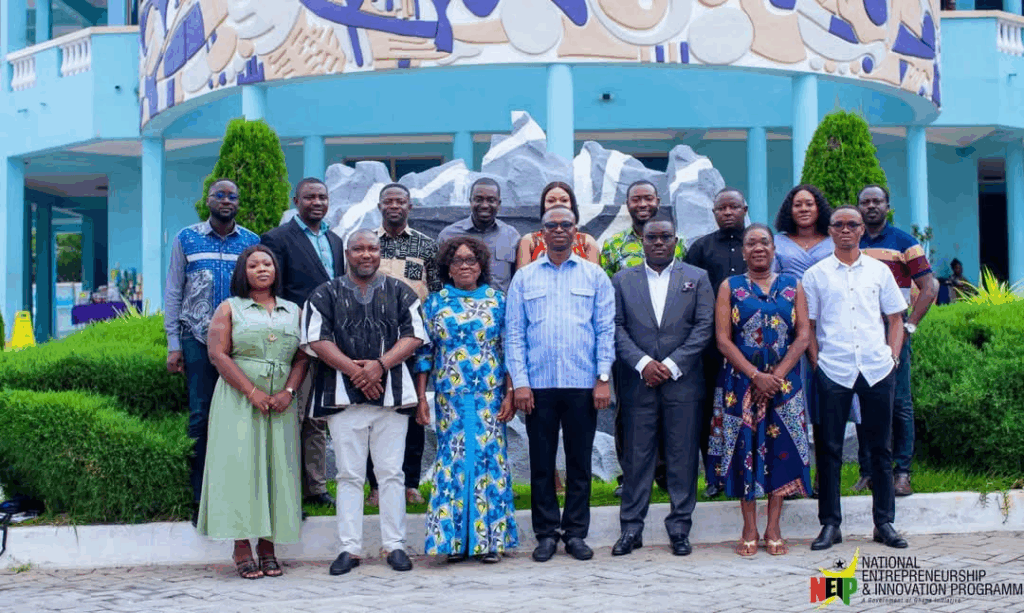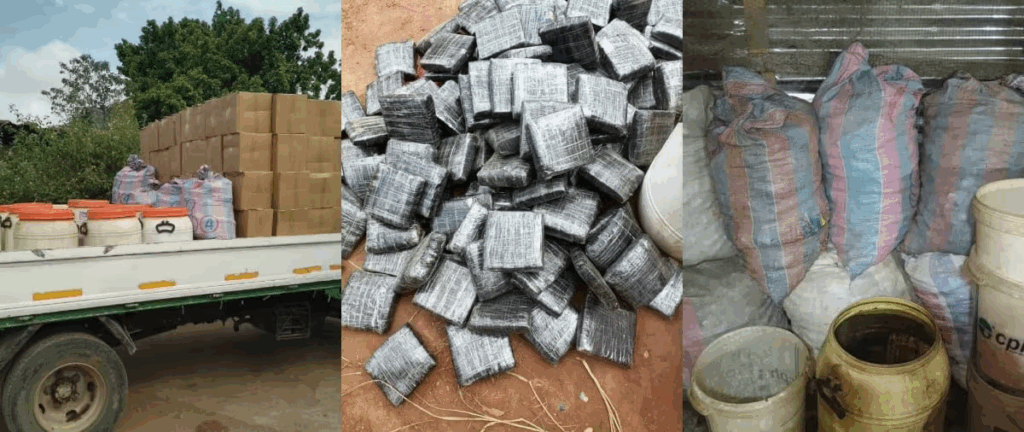The Executive Chairman of Jospong Group, Joseph Siaw Agyepong, has held high-level discussions with Abdullswamad Sherrif Nassir, the Governor of Mombasa County, Kenya’s second largest city, as part of measures to deepen the leading waste management company’s expansion in Africa.
The meeting focused on building a strong partnership between Mombasa, a port city, and Zoomlion Ghana Limited, a subsidiary of Jospong Group, to enhance sustainable waste management in the region.
The partnership is to, among other things, tackle sanitation challenges while creating economic opportunities for local communities in Mombasa.
At the meeting, Mr Agyepong stated that the group’s mission “is to turn Africa’s sanitation challenges into engines of opportunity and growth. Africa is ready, and Mombasa is a key partner in this transformative agenda”.
He added that Zoomlion’s expansion into Kenya was not just about growth, but “about sharing our experience, building local capacity, and supporting African-led development”.
“Together, we can re-imagine the future of waste management on the continent,” he added.
Mr Nassir welcomed the Jospong delegation and expressed strong interest in collaborating with Zoomlion and the Jospong Group, acknowledging the Group’s proven track record across the continent.
He stressed the need for practical solutions that could deliver immediate impact while laying the foundation for long-term environmental resilience.
The partnership between Mombasa and Zoomlion Ghana Limited is expected to drive economic growth, create jobs and promote environmental sustainability in the region.
Reception
Meanwhile, Mr Agyepong was warmly received by Kenya’s Cabinet Secretary for Environment, Climate Change and Forestry, Dr Deborah Mlongo Barasa, at the ministry’s Nairobi headquarters.
The meeting was part of Zoomlion’s Africa Expansion Project aimed at exploring innovative waste management solutions tailored to Kenya’s needs.
Dr Agyepong showcased Zoomlion’s extensive expertise in integrated waste management, emphasising the company’s impact on Ghana and other African countries, as well as its growing presence in Asia.
Dr Barasa expressed keen interest in the company’s model, reaffirming her ministry’s commitment to partnerships that could drive green growth and circular economy transitions.
She stressed the crucial role of private sector innovation in addressing Kenya’s environmental challenges.
Conclusion
The meeting concluded with an agreement to convene a technical follow-up session with the ministry and Kenya’s National Environment Management Authority.
The objective is to explore how the Jospong model could support Kenya’s Extended Producer Responsibility framework and broader environmental goals.
Key stakeholders from the Ministry, including the Deputy Director for Waste Management and Pollution Control, Njoroge Mbitu, and the Head of Legal Affairs, Linah Meeme, attended the meeting.
Jospong Group, through Zoomlion Ghana Limited, has already advanced operations in other countries on the continent, successfully deploying scalable waste management systems, creating jobs and promoting a circular economy.
With over 60 subsidiaries operating in diverse sectors, the group has made a name as a champion of African excellence through innovative, sustainable and inclusive business models.







